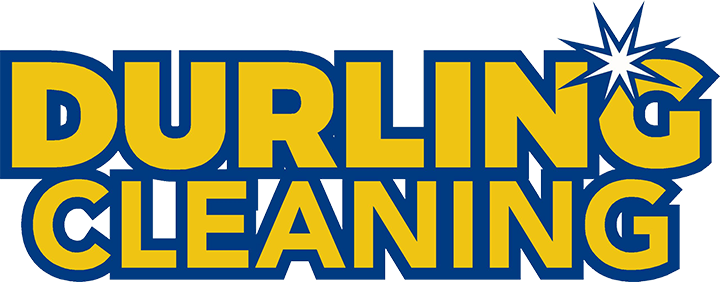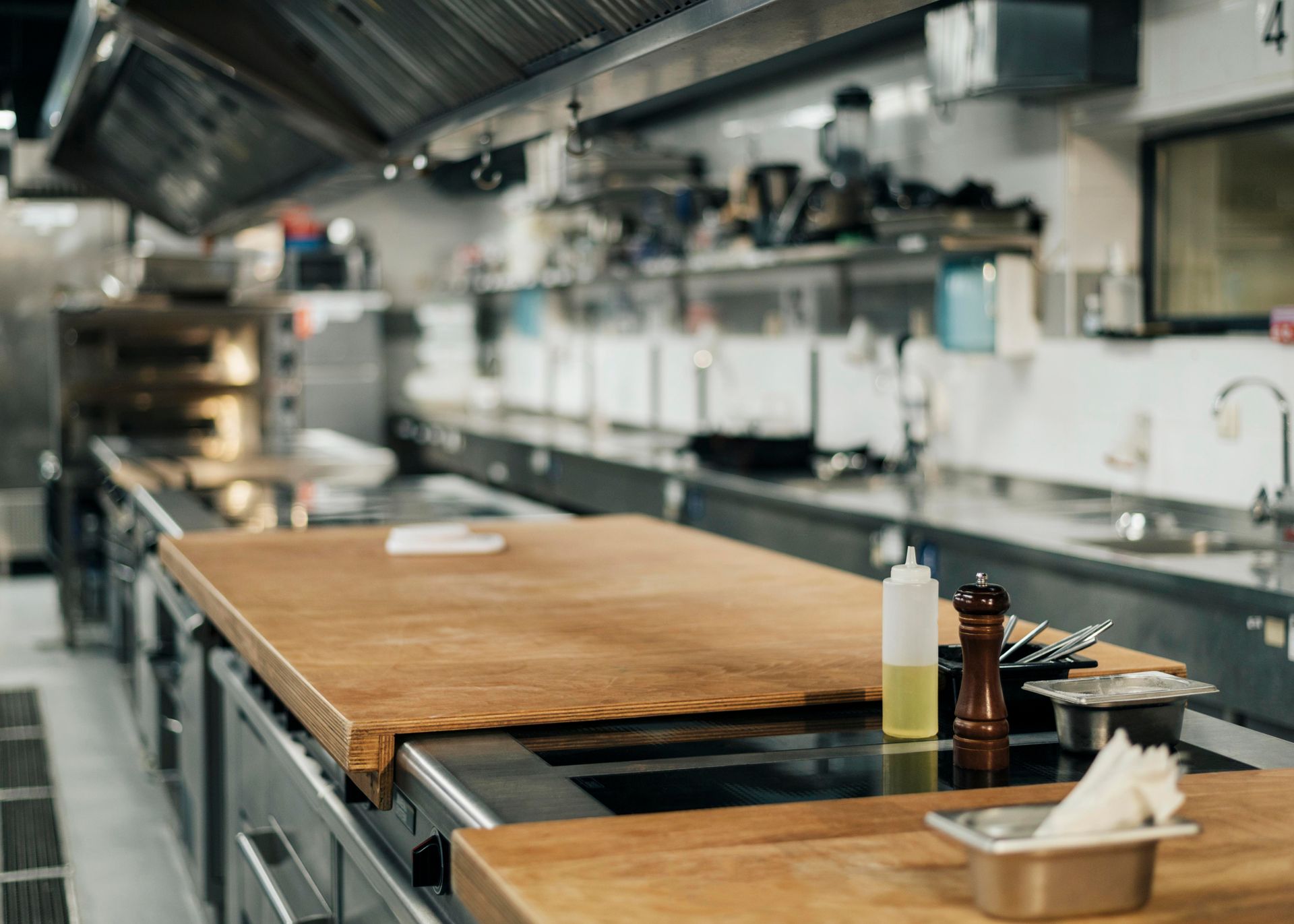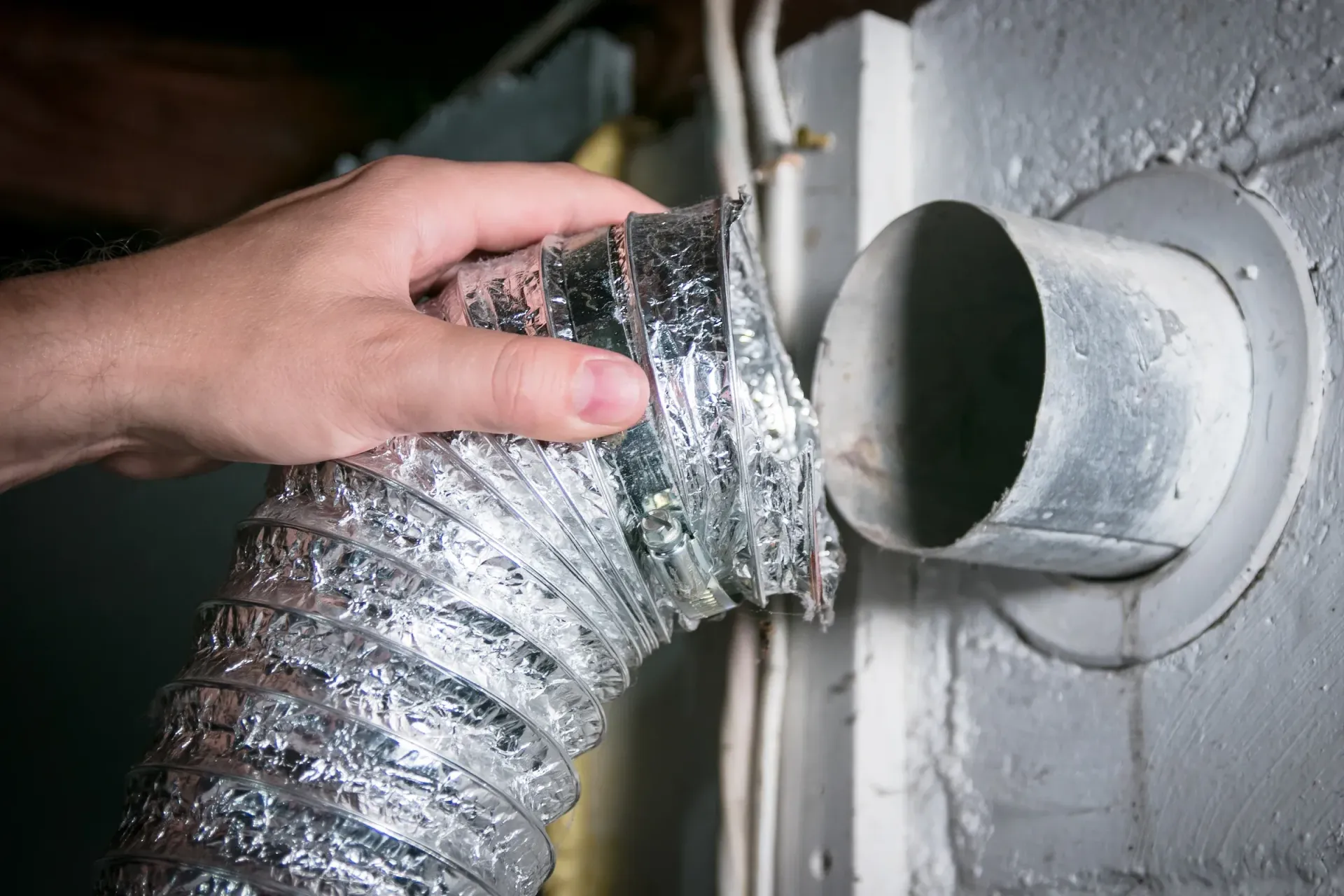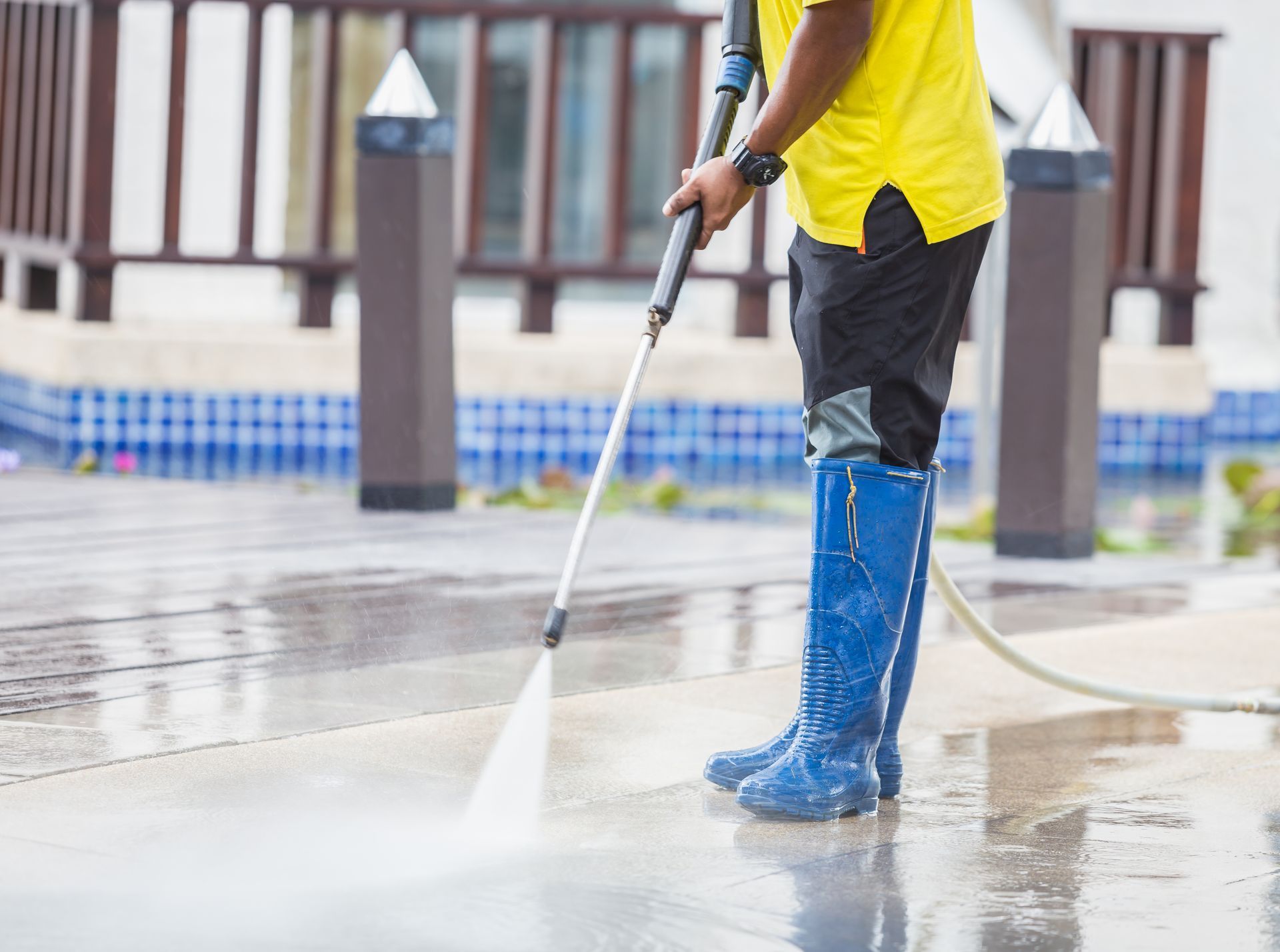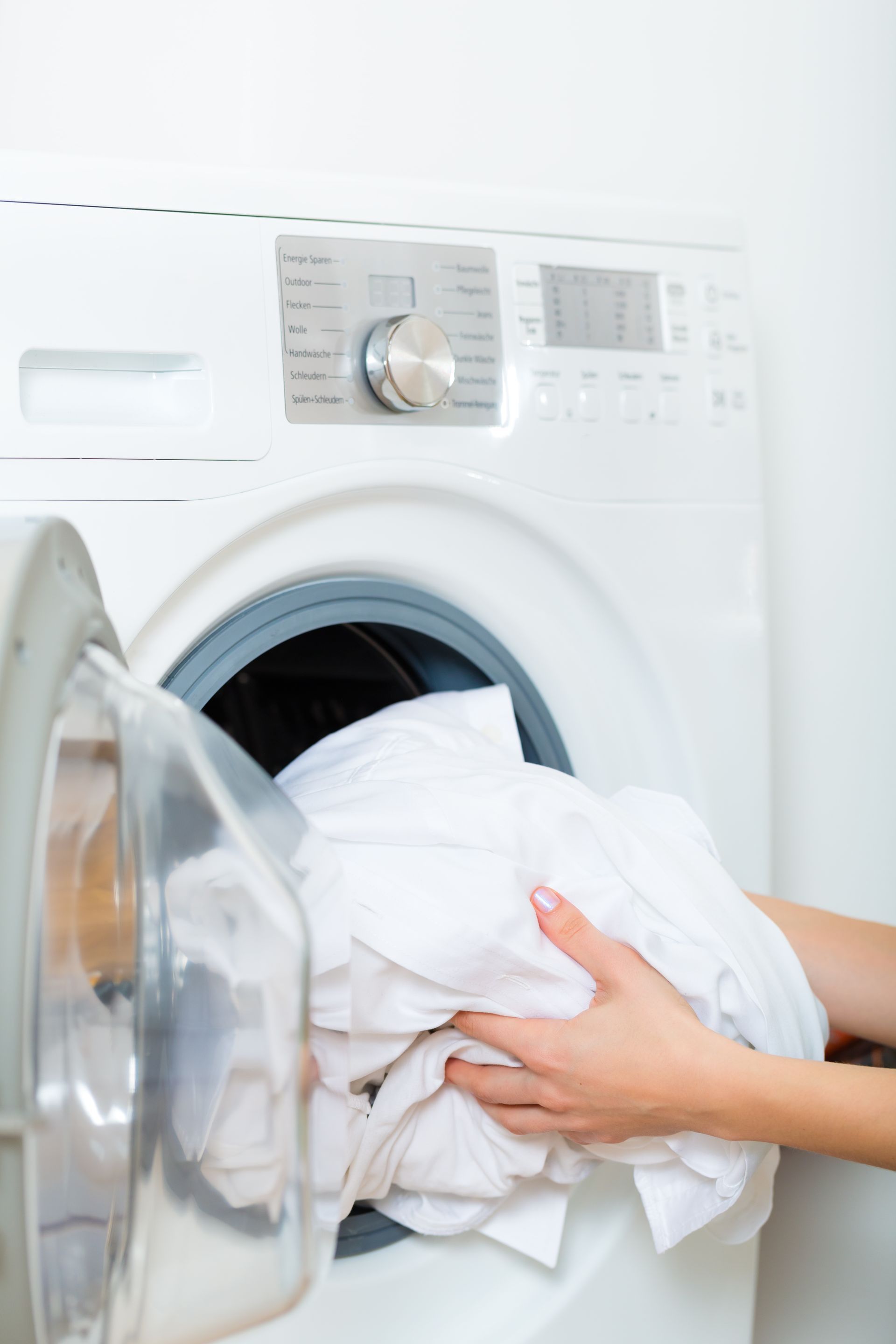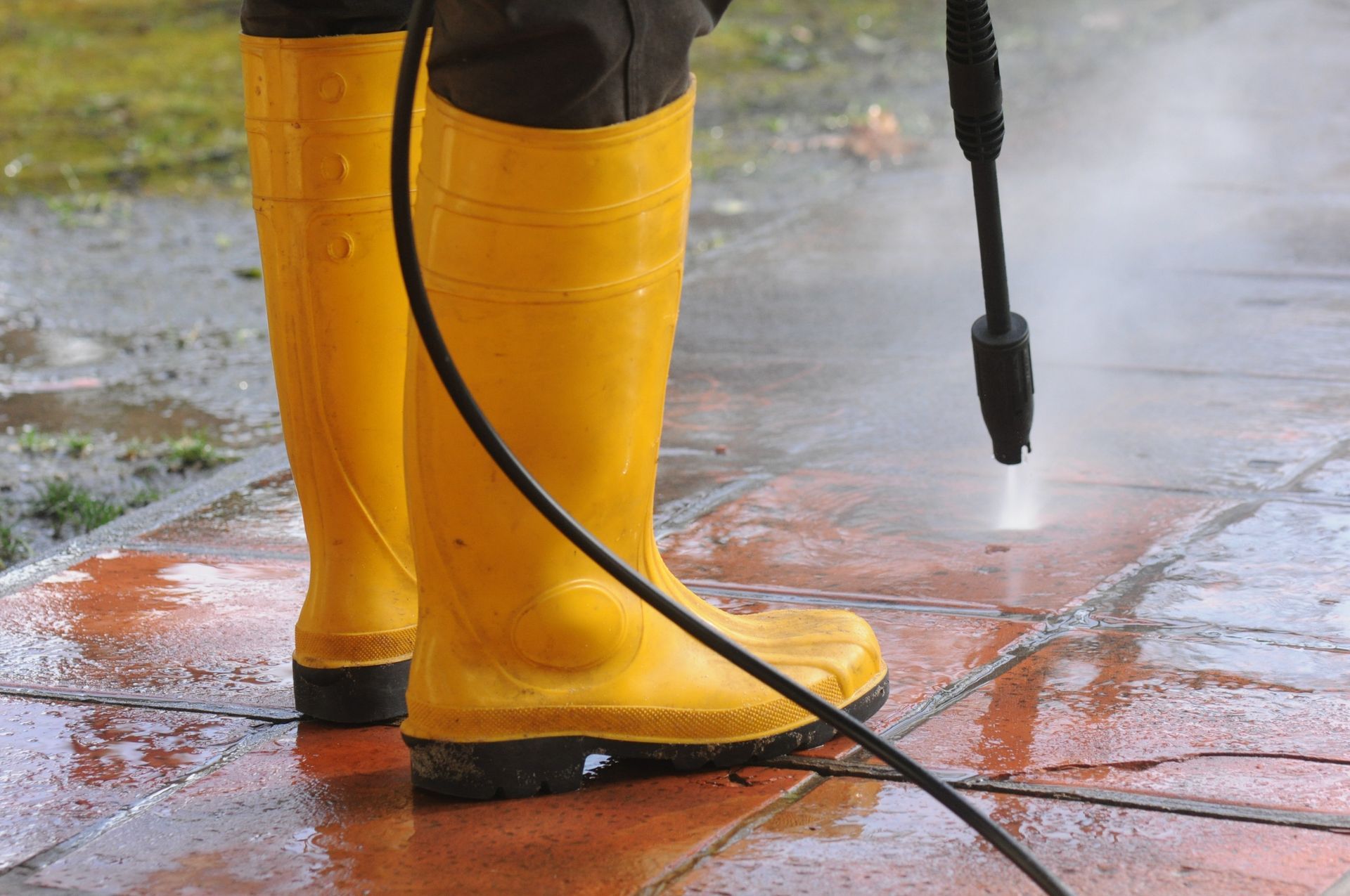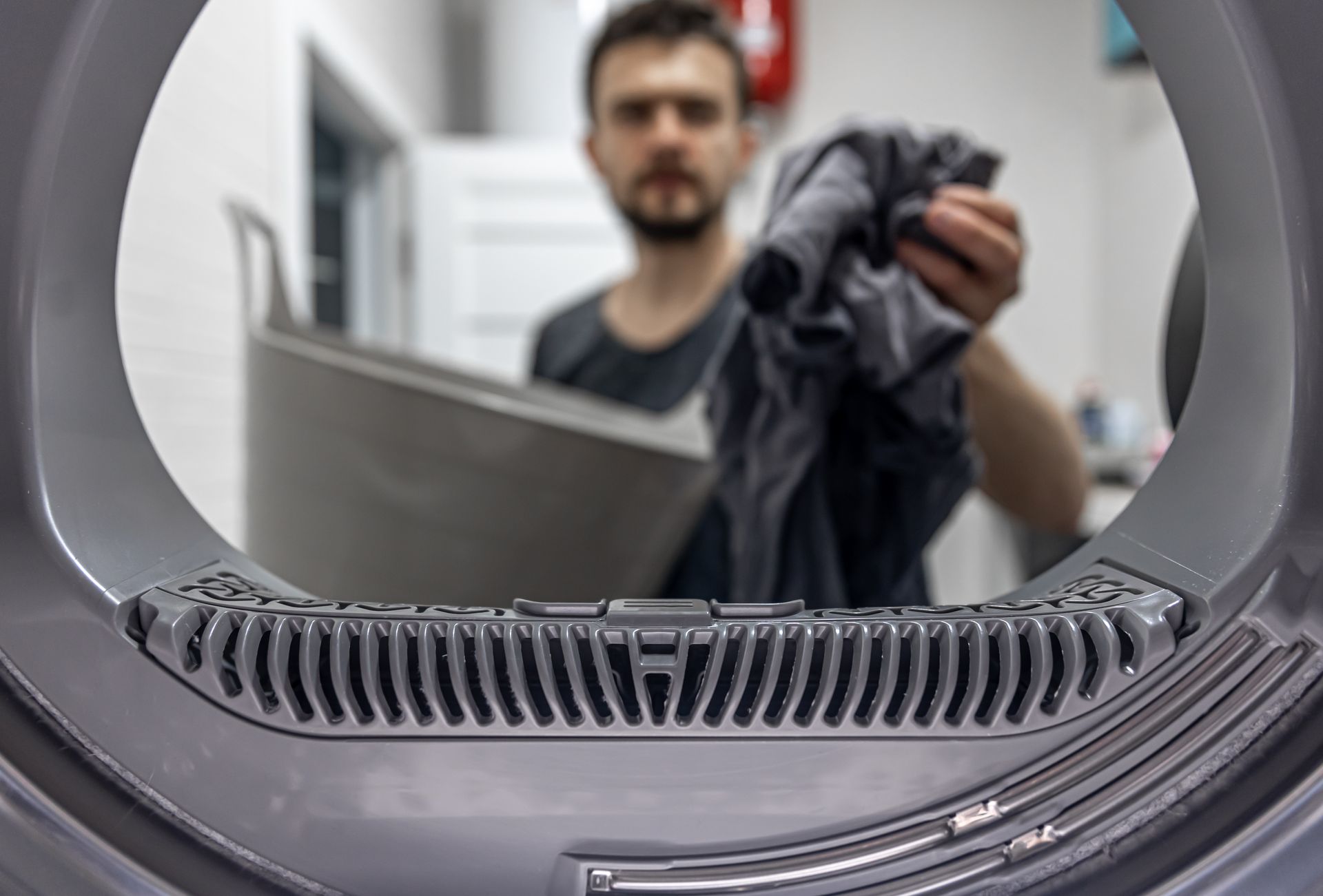How to Clean Commercial Hood Filters: Complete Guide for Restaurant Owners
Ask any fire inspector what they look for first in a restaurant kitchen, and hood filters will be high on the list. They’re small, often overlooked, but they play a huge role in fire prevention, ventilation efficiency, and health code compliance.
In New Hampshire’s fast-paced restaurant scene, clean filters aren’t just good practice — they’re part of your license to operate.
The question is, are yours truly clean enough to pass inspection? Let’s break down what you need to know before the next surprise visit.
Why Cleaning Your Commercial Hood Filters Matters
Commercial hood filters are more than a layer of metal catching grease — they’re one of the most important fire prevention tools in your kitchen. When they’re clean, they allow airflow to circulate properly, pulling heat, smoke, and grease away from cooking surfaces.
When they’re dirty, they become a hazard. Put simply, clean filters help you:
- Reduce fire risks by removing flammable grease before it can ignite.
- Improve air quality for employees and customers by keeping ventilation efficient.
- Avoid inspection problems since health and fire officials often check filters first.
- Protect your equipment by reducing strain on fans and ducts.
- Stay compliant with NFPA 96 and New Hampshire local codes.
For many busy kitchens in NH, hiring a certified hood cleaning service is the easiest way to keep these benefits without interrupting service.
Recommended Cleaning Frequency for Hood Filters
The right cleaning frequency depends on your cooking volume and menu. NFPA 96 provides clear guidelines that most inspectors follow.
Quick reference:
✔ High-volume cooking (fried foods, grills): every month
✔ Moderate volume: every 2 months
✔ Low volume or seasonal kitchens: every 3 months
Commercial Kitchen Hood Filter Cleaning Frequency by Business Type
The right cleaning schedule depends on your kitchen’s volume and type of cooking. Restaurants with heavy grease production, like diners or fast-food establishments, need more frequent commercial kitchen hood filter cleaning than low-volume kitchens.
| Establishment Type | Cooking Volume | Recommended Cleaning Frequency | Why It Matters |
|---|---|---|---|
| Fast food / fried foods | High | Monthly | Heavy grease buildup risk |
| Diner / casual restaurant | Medium | Every 2 months | Grease can still build quickly |
| Fine dining | Medium-Low | Every 2–3 months | Compliance and efficiency |
| Seasonal café | Low | Every 3 months | Avoid issues before reopening |
Tip: Professional services like Durling Cleaning can set a recurring schedule so you never miss a required cleaning.
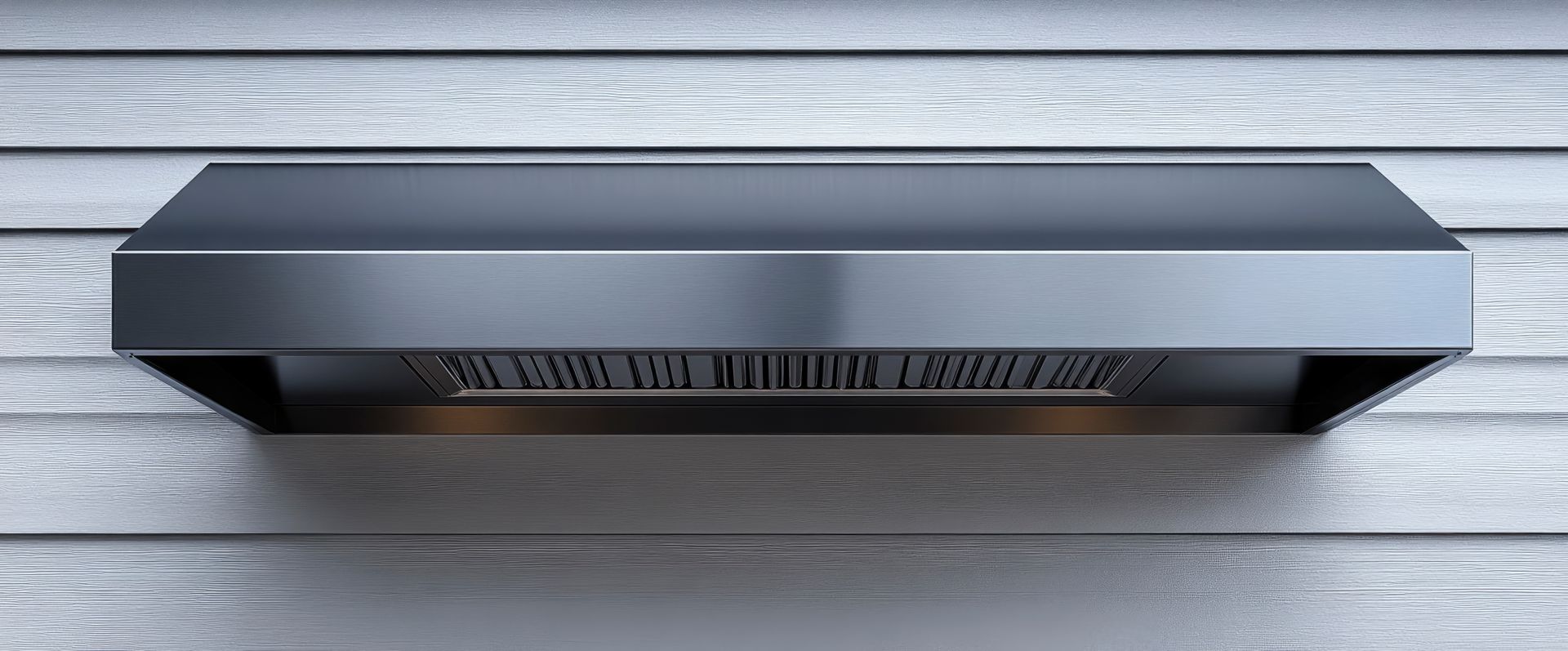
How to Clean Commercial Hood Filters Step-by-Step
Proper commercial hood filter cleaning is essential for maintaining airflow, preventing grease fires, and meeting health regulations. While some businesses choose professional services, knowing how to clean hood filters correctly can help you handle routine maintenance between deep cleanings.
The process requires the right tools, cleaning solution, and careful handling to avoid damage and ensure long-lasting performance.
- Turn off cooking equipment and allow filters to cool completely.
- Remove filters carefully to avoid bending or damaging the frame.
- Prepare a hot water and degreaser solution in a large bin or sink.
- Soak filters for 15–20 minutes to loosen grease buildup.
- Scrub gently with a non-abrasive brush to remove all residue.
- Rinse thoroughly with clean hot water.
- Dry completely before reinstalling to prevent rust and maintain airflow.
Pro insight: Even when you clean filters yourself, ductwork and exhaust fans can still harbor dangerous grease buildup. A certified hood cleaning service ensures your entire ventilation system is safe and compliant.
New Hampshire Requirements for Hood Filter Cleaning
New Hampshire follows NFPA 96 national standards for commercial kitchen ventilation. These rules require regular filter cleaning based on cooking volume, a complete hood, duct, and fan cleaning to prevent grease fires and documentation of professional service for inspections and insurance.
Failing to follow these standards can result in fines, forced closures, or denied insurance claims after a fire. That’s why staying up to code is essential.
Common Mistakes to Avoid
While it may seem like a quick rinse is enough, improper cleaning can leave grease buildup, reduce airflow, and even increase the risk of fires. Understanding the most common errors in commercial hood filter cleaning helps restaurant owners maintain safety, prolong equipment life, and stay compliant with local regulations.
Avoiding these mistakes ensures your kitchen runs efficiently and your filters perform at their best. For top performance and safety, steer clear of these common mistakes:
- Using the wrong chemicals, which can damage metal or leave flammable residue.
- Skipping drying time, leading to rust and reduced airflow.
- Ignoring the ductwork and fan, where grease can still build up.
- Waiting until buildup is visible, instead of sticking to a schedule.
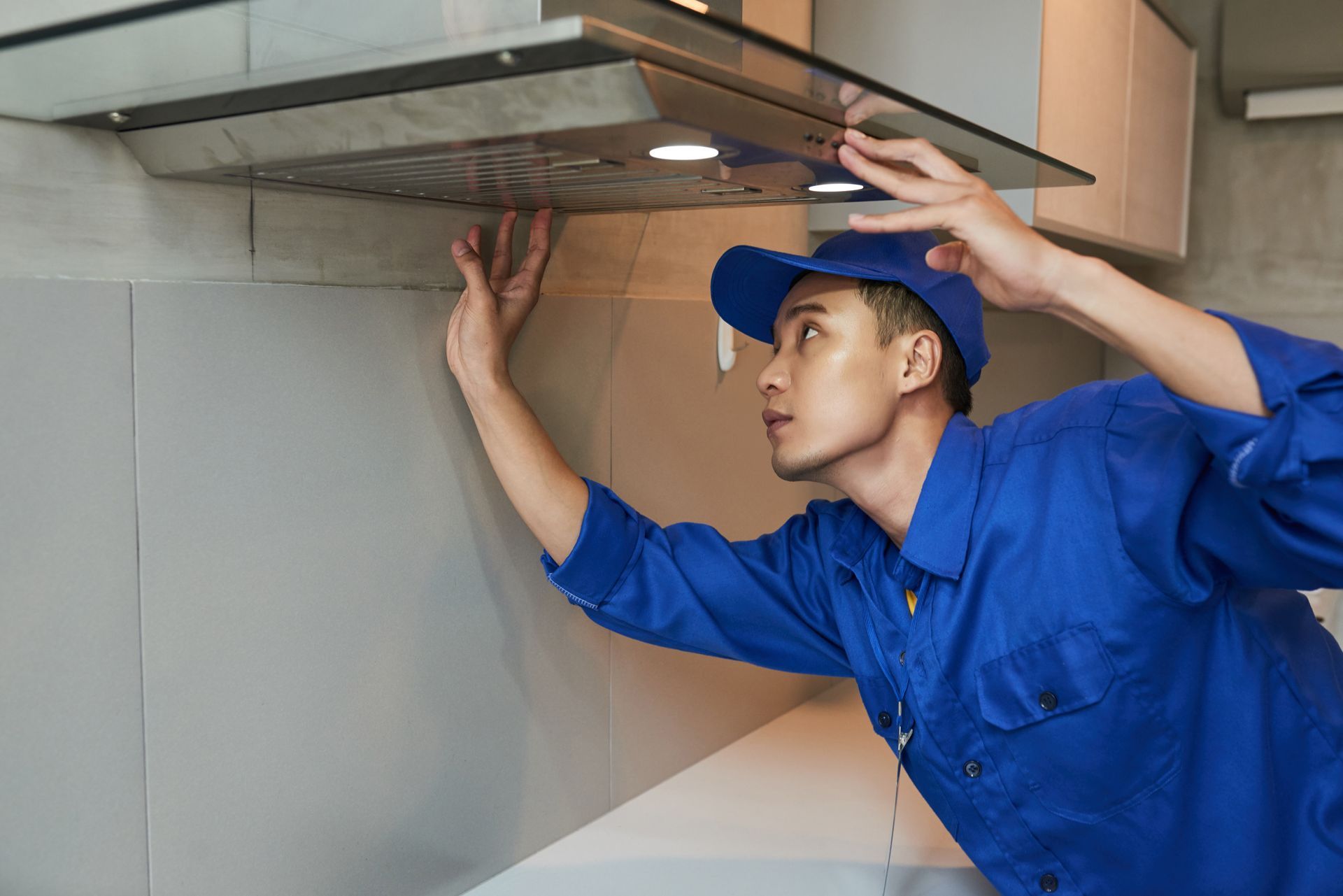
Keeping Your Kitchen Safe with Durling Cleaning
In New Hampshire’s restaurant industry, clean hood filters aren’t just a maintenance task, they’re essential for fire safety, ventilation efficiency, and passing inspections. The most successful kitchens have one thing in common: they never leave compliance to chance.
For over 20 years, Durling Cleaning has helped commercial kitchens across Southern NH stay safe and inspection-ready. Our OSHA-compliant, NFPA 96-certified team provides complete system cleaning —from filters to ducts and fans—.
Whether you prefer occasional professional service or a scheduled program, partnering with Durling Cleaning gives you peace of mind that your kitchen is operating at its best.
Book your commercial hood cleaning today and keep your restaurant safe, compliant, and ready for business.
FAQs
How do you clean commercial hood filters?
Start by turning off equipment and letting the filters cool completely. Remove them carefully, then soak in hot water with a degreasing solution. Scrub gently with a non-abrasive brush, rinse thoroughly, and dry completely before reinstalling to ensure safe and effective performance.
How often should commercial hood filters be cleaned?
Cleaning frequency depends on your kitchen’s volume and type of cooking. High-grease operations like fast-food or fried-food restaurants may need weekly cleaning, while lower-volume kitchens can often clean monthly. Regular maintenance keeps the system safe and efficient.
Is commercial hood cleaning worth it?
Absolutely. Routine commercial hood filter cleaning reduces fire risks, maintains proper airflow, improves kitchen safety, and helps meet health and fire code requirements. It also extends the lifespan of your equipment and prevents costly repairs down the line.
